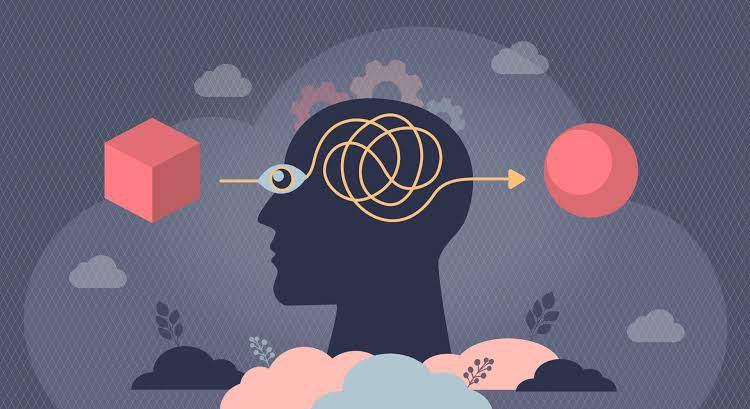
Imagine you’re in a massive, intricate maze. Each turn you take is a decision, and every decision leads you further into the maze or closer to the exit. Sounds like fun, right? This maze is a metaphor for how our minds work, constantly making decisions, big and small. But what if I told you that some of the paths in this maze are designed to mislead you? These misleading paths are like cognitive biases—tricky shortcuts our brains take that can sometimes lead us astray.
Welcome to the Game of Bias
In the Game of Bias, your mind is the player, and the biases are the unexpected twists and turns. Cognitive biases are systematic patterns of deviation from norm or rationality in judgment. They occur because our brains are wired to take mental shortcuts, known as heuristics, to make decision-making more efficient.
The Gambler’s Fallacy: Betting Against Reality
Picture yourself at a casino. You’ve seen the roulette wheel land on black five times in a row. Surely, it’s bound to land on red next, right? This is the Gambler’s Fallacy in action—the belief that past events influence future probabilities in random processes. The truth is, each spin is independent, and the odds remain the same every time. It’s like trying to guess the next turn in a maze based on the last few—each turn is a fresh start.
Anchoring Effect: First Impressions Last
You walk into a store and see a jacket priced at $300. Next to it, there’s a similar jacket for $150. The second jacket seems like a bargain! This is the Anchoring Effect, where we rely too heavily on the first piece of information (the anchor) when making decisions. Your brain’s first impression of that $300 price tag skews your perception, making $150 seem like a steal, even if it’s still expensive.
Confirmation Bias: Seeing What We Want to See
Imagine you’re a detective trying to solve a mystery. You’ve got a hunch about who the culprit is, and suddenly, every clue seems to point to that person. This is Confirmation Bias, where we favor information that confirms our preconceptions and ignore evidence to the contrary. It’s like navigating the maze with a flawed map—you only see the paths you expect to see, missing the ones that might lead you out.
Overconfidence Bias: The Illusion of Certainty
Think about a time when you were absolutely sure about an answer, only to find out later you were wrong. This is Overconfidence Bias, where we overestimate our knowledge or abilities. In the maze of life, this bias can lead us to take paths without checking for dead ends, confident that we know the way out.
Reassuring Quotes for the Journey
Navigating through cognitive biases can feel daunting, but remember these words:
- “The greatest enemy of knowledge is not ignorance, it is the illusion of knowledge.” —Stephen Hawking
- “We see things not as they are, but as we are.” —Anaïs Nin
- “To know thyself is the beginning of wisdom.” —Socrates
These quotes remind us that awareness of our biases is the first step toward clearer thinking.
Leveling Up: Becoming Bias-Aware
So how do we become masters of this mind maze? The key is mindfulness. Pause and reflect on your decision-making process. Are you falling into the trap of a cognitive bias? Challenge your initial assumptions, seek diverse perspectives, and question the first piece of information that comes your way.
In the Game of Bias, being aware of these mental shortcuts empowers you to make more informed decisions. It’s not about avoiding biases altogether—that’s nearly impossible. Instead, it’s about recognizing when they occur and adjusting your path accordingly.
Next time you find yourself in a mental maze, remember: it’s not about how quickly you find the exit, but how well you understand the journey. Happy navigating!

Leave a comment